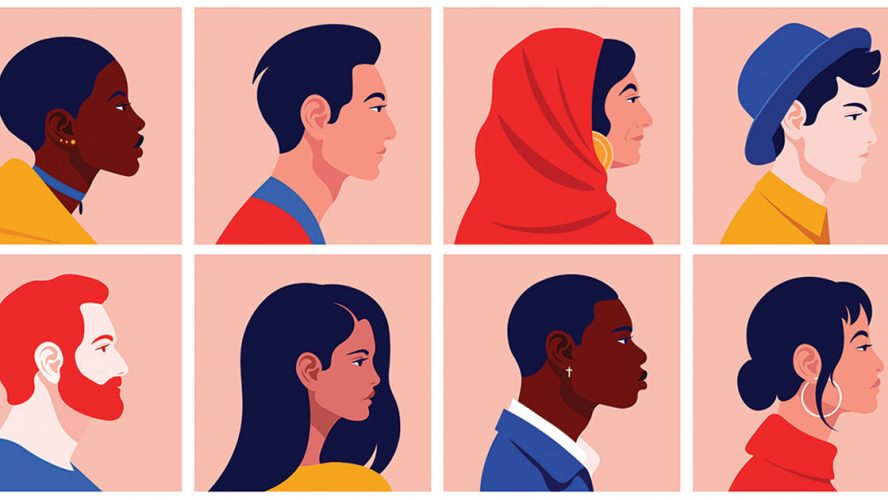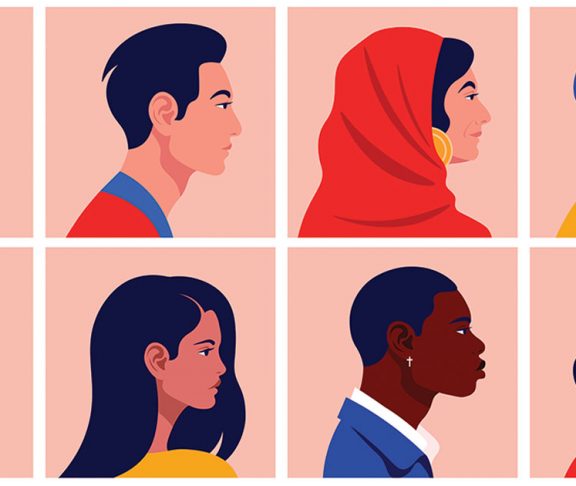When you think of the typical kidney cancer patient, they are probably male, over age 50, and Caucasian.
While he may still be in the majority, across the board, the demographic of kidney cancer patients is changing.
Incidence of kidney cancer
Incidence rates between 2012-2016 show that kidney cancer occurred most frequently among American Indian and Alaska Native populations, followed by non-Hispanic black, non-Hispanic white, Hispanic, and Asian and Pacific Islander populations, according to the American Cancer Society.
And though men still have nearly twice the risk of developing kidney cancer in their lifetimes compared to women, that still means about 45,500 men and 28,200 women will be diagnosed with kidney cancer this year.
As physicians, we can’t afford to overlook young people, women, and people of color who may be at risk for or experiencing symptoms of kidney cancer.
Patient advocacy
For patients, this means it may take extra advocacy to get the correct diagnosis and treatment.
For example, Dawne Gee, a TV reporter in Georgia, lost her left kidney to slow-growing renal cell carcinoma. However, the cancer was mistaken for cysts for several years after the initial mass was seen during an MRI scan for stomach pain. Dawne, 56, who is African American, has a history of cancer in her family, though not kidney cancer, and she now stresses the importance of advocating for your own health, especially to her family members.
Fighting misdiagnosis
Another woman, Joanne Romero, was shocked to be told she might have kidney cancer when she was 26 weeks pregnant – she later learned it was stage IV. Romero had to have an emergency C-section during the cancer removal operation.
Though these situations may not be norm, they show how doctors need to adapt to the patients in front of them.
Being aware of different patient populations can also impact how the research community designs and encourages patients to participate in clinical trials, the most powerful tool we have to figure out how to successfully find new treatments for kidney cancer.
All patients, regardless of gender or ethnicity, must be diagnosed correctly and be offered participation in clinical trials seeking to advance our understanding of this disease. Thus, all patients will benefit from advances in kidney cancer treatment.

